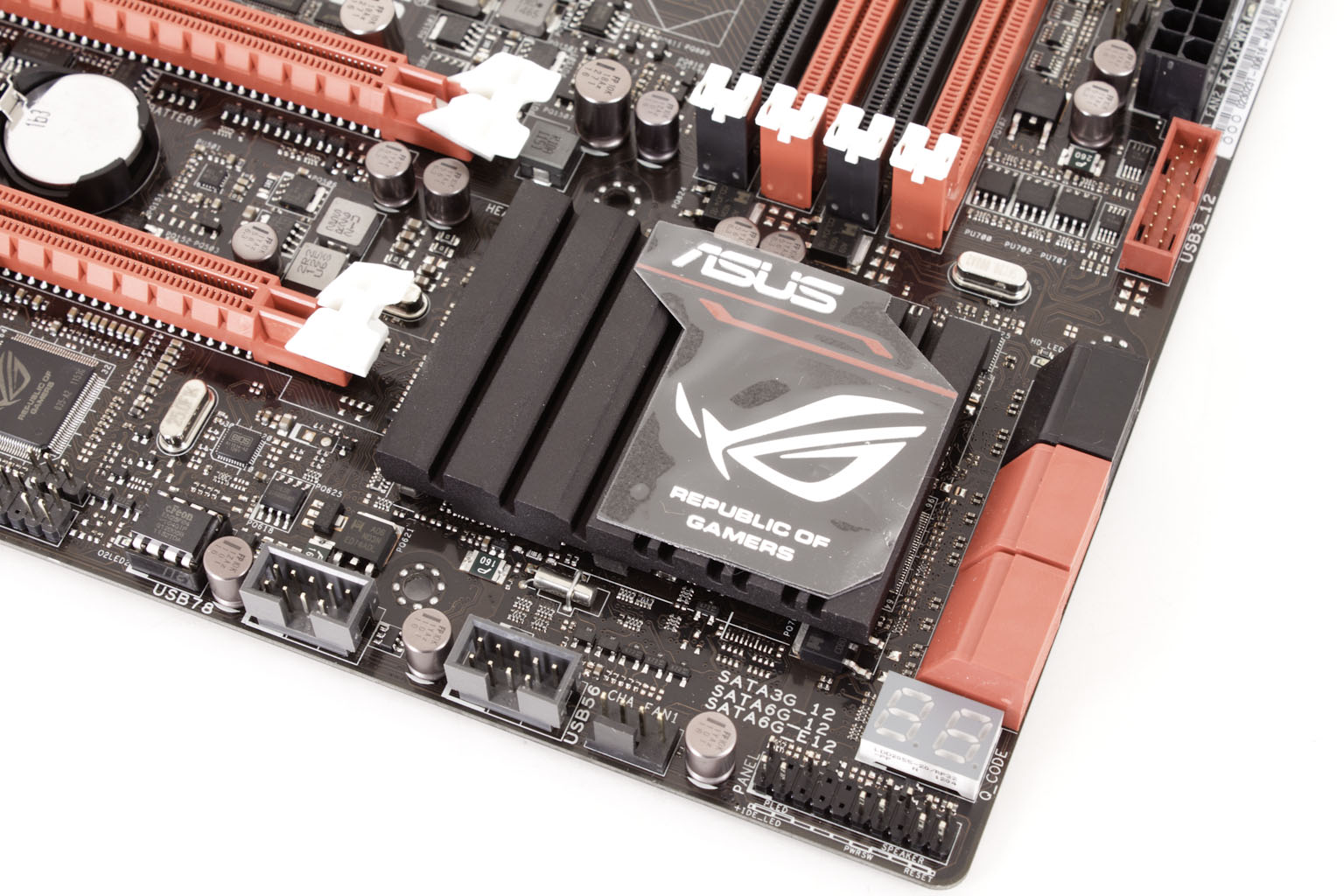Section III - Performance Tests
Real-World
Here we have two tests that are designed to put the performance of the motherboard and its subsystems to the test. Both require good CPU, Memory, HDD and even to a lesser extent audio and network performance. The two tests we chose were Lightwave 3D 9.6 and AutoGK 2.55. We will be adding at least one more real-world test to this battery in the near future, but for now these two cover quite a bit.
Lightwave 3D 9.6 x64 -
Lightwave is another industry standard application for 3D animation and rendering. It has a large tool base and the rendering engine is highly threaded (when using the right render model). This application is also capable of expanding to 4k resolutions as well as ray tracing for rending the light sources. For our testing we use frame 470 of the Pinball scene found in the LW 9 Content folder. This uses the newer perspective camera that is better suited to a multi-CPU/Core environment. This camera style also uses ray tracing and a much improved anti-aliasing method. Settings are shown below in the attached screen shot. Of course these are single frame renders and they are not a complete picture; for that you have to take into account the number of frames an average project would have. In a typical 30 second commercial you will have around 840 to 960 frames (at 28 – 32 FPS) this means that you have to multiply the time of a single frame by that number just to get a vague idea of how long that 30 seconds would take. This is because each frame will have a different render time based on complexity.

Once again the Maximus V Gene pulls off a win at stock speeds here the difference is a pretty healthy 3 seconds. This translates into 12 minutes in your average 30 second project. 12 minutes is a long time when you are rendering for money. The performance here is a mix between the great HDD speeds and the new AVX instructions in the 3770K.



CyberLink Media Espresso 6.5 -
After having various issues with AutoGK and Intel CPUs with more than four cores we have changed our Media Encoding test to use Media Espresso from CyberLink. Although this new utility does not have the same ability to transfer directly from DVD it is still a good test to transfer different media types into a usable format for your iPad, iPod, or other media player. Our test involves using multiple (Six) 20 minute media files and transcoding them for an iPad. This gives us a very good indication of how well a motherboard can handle this type of work load.

Under CyberLink’s Media Espresso the AVX and quick sync extensions in the GMA 4000 are really showing off here. However it is the faster drive speed that gives the Maximus V Gene the edge here.

Motherboards
Asus Maximus V Gene Performance Review With Ivy Bridge - Performance Part III
- Details
- By Sean Kalinich
- Hits: 25839
 After seeing what new features Asus is bringing to the table with the Maximus V Gene (and there are a ton of them) we now get to dive into the performance side of things and see what we have. As the gateway product to the ROG lineup the Maximus V Gene has a lot to live up to, but with everything that Asus has thrown into it we are sure it can handle the pressure. So let’s dive into the Asus Republic of Gamers Maximus V Gene and see how it performs.
After seeing what new features Asus is bringing to the table with the Maximus V Gene (and there are a ton of them) we now get to dive into the performance side of things and see what we have. As the gateway product to the ROG lineup the Maximus V Gene has a lot to live up to, but with everything that Asus has thrown into it we are sure it can handle the pressure. So let’s dive into the Asus Republic of Gamers Maximus V Gene and see how it performs.
Article Index
Page 6 of 8



